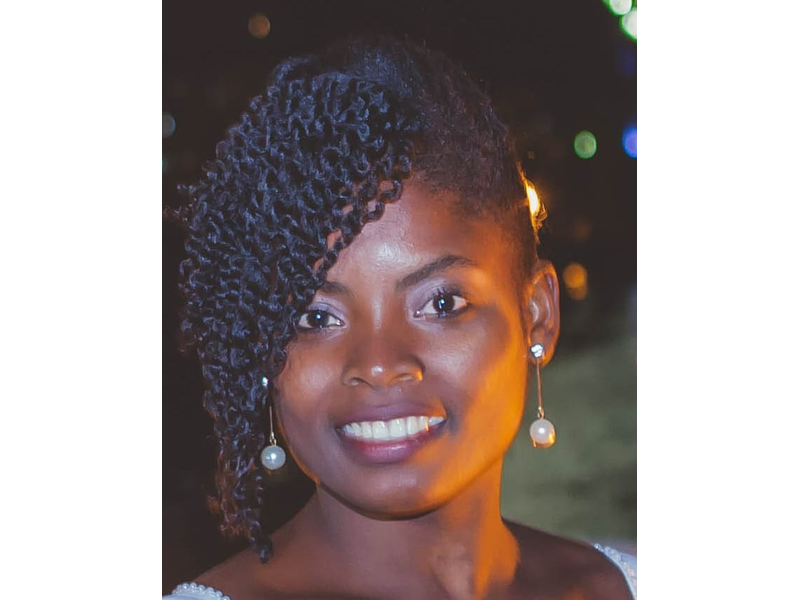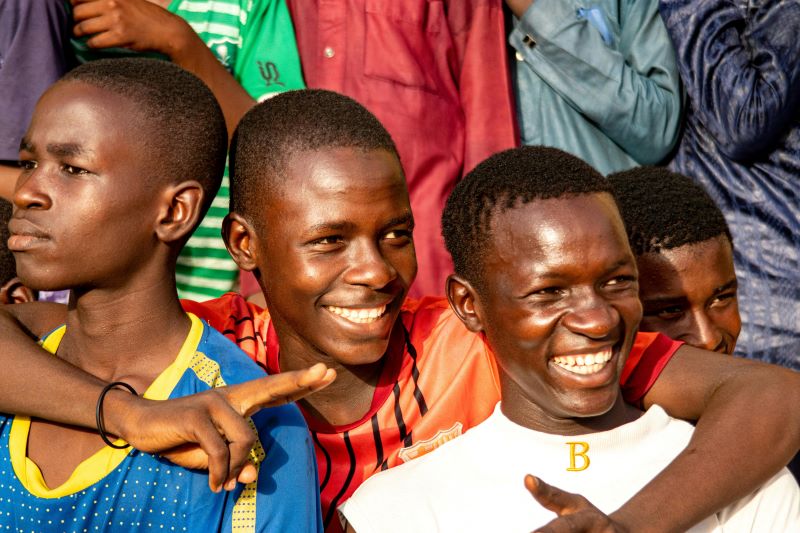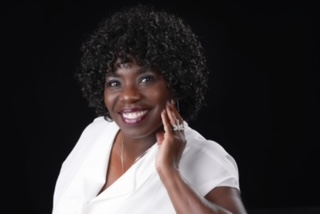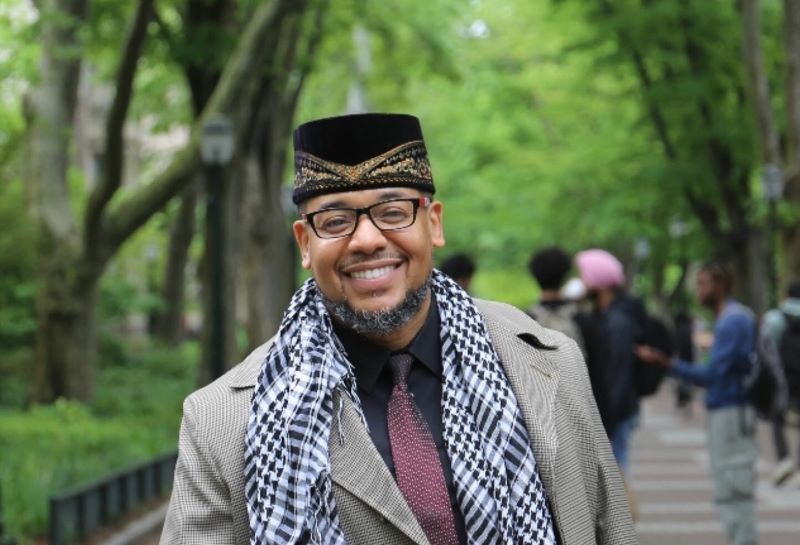
Most people migrate to either improve their standard of living or to embrace safety, freedom and opportunities that don’t exist in their countries of origin. Crossing lands to adopt a new life is an important decision that requires a lot of preparations that can be psychological or physical. But often when people migrate they are not necessarily ready to face all the challenges they will encounter in the new land. The series What’s in a Migrant’s Bag? will be telling U.S. immigrants’ stories, in particular those who have succeeded by overcoming challenges.
What is in Jean’s bag?
After leaving the world’s first independent Black republic and the first Caribbean state behind, Jean Verneus Rousseau headed to the Dominican Republic. Haiti’s closest neighbor welcomed and sheltered the 30-year old man for nearly four years. There he completed high school and had the opportunity to learn housekeeping and bartending.
Rousseau decided to join his father, his two brothers and mother-in-law in the U.S. in May 2017 after being approved for the Permanent Residence Card. Although the process of coming to the U.S. was described by the Caribbean native was easy, he faced some challenges such as language barrier like many other immigrants. In an effort to overcome the difficulty to communicate properly in English, he decided to take English classes in the U.S.
Around a year ago, along with his father and his brother, he started a cleaning business under the name SOHVA Cleaning dedicated to helping people who need assistance in moving and organizing their homes. The services also include maintenance and painting. On many occasion, he uses the assistance of his father and brothers to communicate with the clients when they don’t speak either Haitian Creole or Spanish. Charging between 60 and 600 dollars for each service, Jean struggles with growing the business.
“There are lots of clients out there,” explained the young entrepreneur, “and sometimes we spend over a month with no clients at all.”
Also holding on to another job in the afternoons, Rouseau hopes that his contractors will bring sustained economic growth into the business. Beside the opportunity of running his own business, the most important thing that has happened to him is the opportunity to immediately start working with a repair service as soon as he arrived.
He dreams of working as an acoustic technician and gifting his mother with a beautiful house. As a businessman, he advises young Haitian men to stay off of drugs and to remember the reasons why they left Haiti.
What’s in Sarah’s Travel Bag?
When asked what she brought with her to the U.S., Sarah Bashir does not hesitate to respond, “My clothes and my mobile.” The 28-y-ear-old lady left Bilād as-sūdān , Arabic for “The Lands of the Blacks” three years ago to come to America in order to achieve her educational goals. “It is a privilege to study in the U.S. because of its education quality,” she said.
According to the Migrant Policy Institute, the number of college-educated immigrants in the U.S. grew 78% from 2000 to 2014. Almost 30% of immigrants who are at least 25 years old now possess a bachelor’s degree or higher. Today, the U.S. remains the country of choice for the largest number of international students, receiving about 1.1 million of the 4.6 million enrolled worldwide in 2017.
The young woman describes herself as an indoor person who speaks Arabic and English. Before landing in the U.S., she earned a degree in Civil Engineering from the Khartoum University, the largest and oldest university of Sudan. After graduating from college, she cherished the dream of an advanced study outside of Sudan. Although Sarah had enough privilege to consider moving to UK, she saw the U.S. as a greater opportunity for taking a Master’s degree. Her motivation to achieve her goal lead Sarah to apply for the American Lottery visa in 2010. After being selected in 2014, she felt very lucky even after three long years of waiting.
A year later, the young Sudanese arrived in the U.S. where she was welcomed by her cousin and a friend. They were fundamental to her integration in Philadelphia, which is her entrance city and actual residence. She recalls that her friend took her to bus and train stations around the city and give her good advices about public transportation. Philadelphia is the city where the shy lady found herself. “It is possible to meet [a lot of] people in the street. You feel like this place is alive.”
In the U.S Sarah lives with her family including her 22 month- old-daughter and husband. Between taking care of her baby and taking an English class, the determined young lady considers herself to be in the path to realizing her goal. She already had her degree evaluated in the U.S and wants to enroll at either Drexel or Pennsylvania State University for a Master’s degree in Civil Engineering in the future. “Here [in the U.S.] you feel like the professors want you to think, to create. You contribute to education,” she added.
Although many dreams are fulfilled, there are a lot more to be reached. The present challenges include her goal to improve her English accent so she can be understood better. Other challenges include the difficulty of making friends and socializing. Even after three years living in Philadelphia she still feels like a stranger. “Approaching people in Sudan was something natural. You could talk to anyone in the street about any topic without previously meeting this person. Everybody speaks Arabic.” The young engineer hopes that going to university, and later having a job will help her overcome these problems.
The first three things that come to mind when she thinks about Sudan are the people, family, and friends. The third largest country in Africa has shaped most of Sarah’s life story. The memories of her growing up as a kid in the streets, playing and building mountains out of mud with other kids in her neighborhood are going to last forever. The unpaved streets and the water they could find at home gave the kids access to the principal resources they needed to get muddy. When there was a construction around, it was the perfect occasion to slide on top of the sand-dome. Sarah brought to the U.S. a bag filled of clothes but, above all, filled with dreams. She brought her mobile stored with family’s photos and videos just to remind her that she didn’t come with the idea of not going back.




